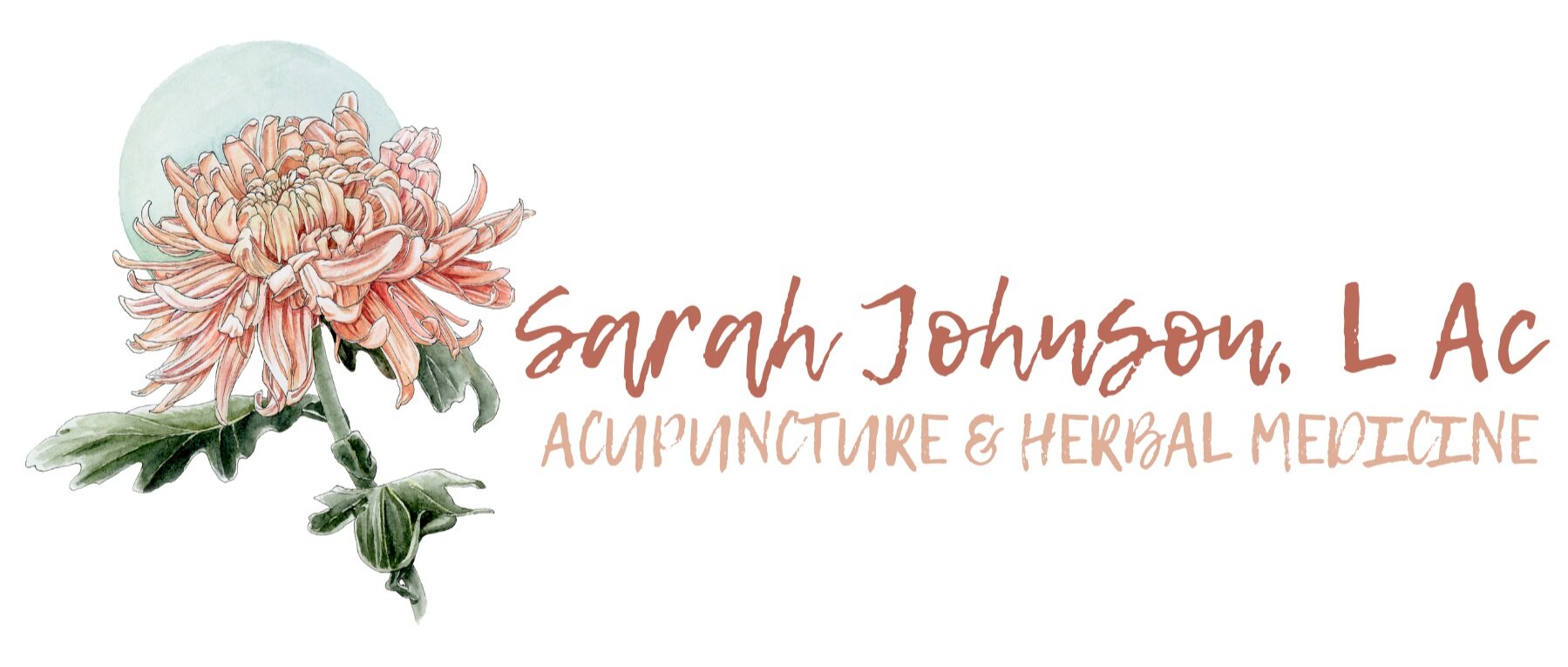Endometriosis and Chemical Exposure
Acupuncture has become a popular form of treatment for people with endometriosis. Diet and lifestyle adjustments are important components when dealing with endometriosis and growing evidence suggests that chemical exposure can also be linked to it and to other pelvic inflammatory conditions.
What Chemicals Should I avoid and why?
The reason why it is important to avoid certain chemicals is because many of them are endocrine disruptors which means that they interfere with the body’s ability to produce and regulate hormones. Endometriosis is an estrogen-dependent condition and research shows that endocrine disrupting chemicals may play a role in the progression and severity of the condition. Here is a list of chemicals that should be avoided:
Dioxins: Found in non-organic beef, poultry, and dairy products. Dioxins are also found in bleach and chlorine products, bleached toilet paper, sanitary napkins, and tampons.
BPA: Found in water bottles, baby bottles, canned food, and more. BPA increases insulin resistance and mimics estrogen.
Xenoestrogens: Found in plastic bottles, wraps, and food storage containers.
Parabens: Found in perfumes, bath and body products, cosmetics, and a myriad of other products
PCBs: Found in pesticides, paints, fire retardants, and wood floor finishings.
PVCs: Found in water-proof rain gear, shower curtains, vinyl flooring, and toys.
What Can I Do To Avoid These Chemicals in My Home?
It can seem overwhelming to reduce the amount of chemicals you might have in your home. I would start with one category of products at a time.
For example, start with household cleaning products. Replace chemical solutions with eco-friendly products. You can even go with a simple vinegar and water combination which probably works just as well as any other cleaning solution. You can then start thinking about your personal care products and switch to organic. Same for your groceries. Try to buy fresh and organic foods.
There is a great app that some of my patients and I use called Yuka. You can scan the bar code on personal products and food items and the app will rate how good or bad it is for you, and also give you alternative suggestions. Unfortunately it doesn’t work for cleaning products yet, but it will tell you if, say, your shampoo contains an endocrine disrupter.
Each time you switch to an organic or better option, know that every change you make has a significant and lasting impact on your health and your family’s well-being.

